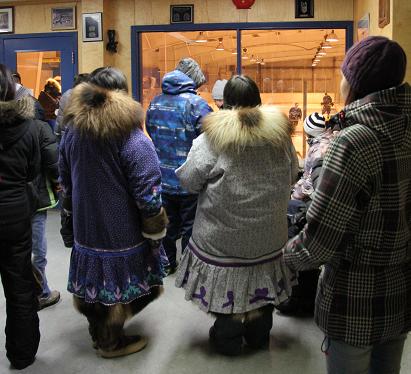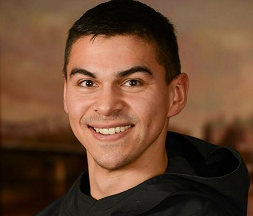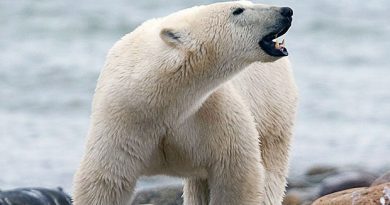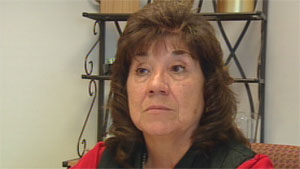How Inuk are you?… The Quiz

Inuvery or Inu-white?
If you’re from outside the Canadian Arctic you’re probably reading those two words and thinking ‘What the ….?’
But if you’re reading this in one of Canada’s Inuit regions, you’re probably chuckling to yourself as we speak.
Difficult discussion
The issue of identity can be a hot-button issue in many indigenous communities, including those in Canada’s North.
Recently, the issue came to the forefront in northern Canada when the national Inuit organization, Inuit Tapiriit Kanatami, elected a new president.
Natan Obed, originally from Nunatsiavut, the Inuit self government region in Canada’s Atlantic Canadian province of Newfoundland and Labrador, was elected by ITK members with 54 per cent of the vote in September.
But during the process, Obed, was often challenged about his lack of fluency in the Inuit language and whether that made him unfit to represent Canadian Inuit as ITK leader.
The debate struck a chord with many Inuit whether they lived in the Far North or in southern Canada.
Any many shared their views on social media about having their “Inuk-ness” questioned both by southerners and people in their own communities.
Tackling issues through humour
But one Inuk resident in Nunavut decided to respond to the debate in a unique way… by using humour and creating a tongue-in-cheek quiz titled “How Inuk are You?”
Franco Buscemi works as a general manager in Iqaluit, the capital city of Canada’s eastern Arctic territory of Nunavut, and is also an amateur comedian and runs the Mahaha.com comedy website with two friends.

Buscemi , who describes his humour as ‘edgy’, says it allows him to take on the complex social issues of the North, but in a non-threatening way.
He describes Natan Obed as a friend and said his treatment during the ITK election process brought up his own experiences of people questioning his ‘Inukness’ because he spent his teenage years in Canada’s capital city of Ottawa.
“I’ve had Inuit call me white, and white people call me Inuit … sometimes even on the same day,” Buscemi said in telephone interview from Iqaluit.
“It’s a small minority, but when that minority speaks up to you, it can really affect you.”
Keeping the discussion going
The ‘How Inuk are you?’ quiz takes people through 10 multiple-choice questions on everything from preferred hunting practices ( land & sea or the shelves of the coop?), transportation (dog team or pick-up truck?) and what to do when visiting someone’s home (knock on the door or walk in and help yourself to tea and bannock?)
“Some of it is touching on the serious side of identity but there’s also some things that can be a bit ridiculous around identity,” Buscemi said.
“We’re trying to bring a bit of the humorous side to it and help the discussion not become such a negative thing. Because it is a very good discussion and it needs to happen but it doesn’t have to be pointing fingers and saying who’s Inuk and who’s not.”
We asked Franco Buscemi to define some of the quiz results for people not familiar with Inuit culture. Here’s some of what he told us:
Inuvery: “Like when you use your sick days for hunting, you know how to mix tradition with the modern settlement world.”
Inu-white: “You’re either white and do a lot of Inuk things or you’re Inuk and do a lot of white things.”
Not Even: “You’re not Inuk. Like, not at all and don’t even try.”
Related stories from around the North:
Canada: Losing their Words (Video documentary), Eye on the Arctic
Finland: English language dominance worries language teachers in Finland, Yle News
Greenland: (VIDEO) The importance of perserving the Inuit language, Eye on the Arctic
Norway: Sami languages disappear, Barents Observer
Sweden: Social media strengthens Sami language, Yle News
Russia: More students in North Finland opting to study Russian, Yle News
United States: Alaska bill to be signed recognizing indigenous languages as official state languages, Alaska Dispatch



